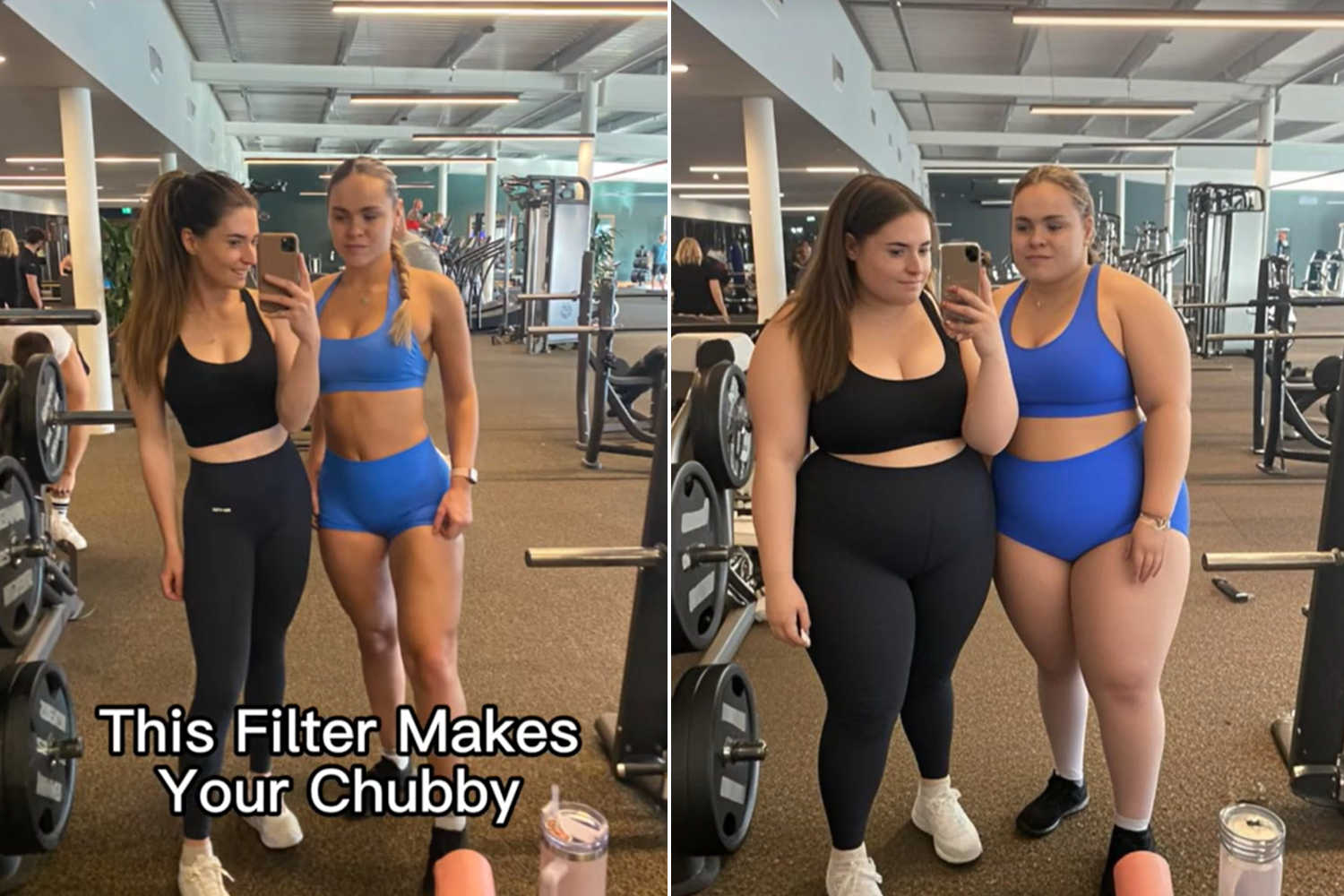A toxic culture of perfection fueled by social media: this is what lies behind a TikTok filter that makes you fat and denigrates those who "reduce themselves like this", as many users write

@georgia_dan1/TikTok
We live in an era where the idea of a healthy body is almost automatically associated with a slim, toned figure free of imperfections. Cellulite, stretch marks, and any natural marks on the body are often seen as flaws to be eliminated.
This unrealistic standard is amplified by social media, where filters and editing allow users to erase any imperfection with a simple touch. As a result, the perception of reality is distorted, and body acceptance becomes increasingly difficult, especially for younger individuals.
In response to this, platforms like TikTok and Instagram have decided to ban beauty filters for minors. The goal is to protect the mental health of teenagers by reducing the risk of insecurities, frustrations, and potential disorders related to body image. This decision stems from the awareness that the heavy use of filters alters self-perception and perpetuates unattainable beauty standards, leading many people to feel inadequate.
The removed filter
Despite the removal of many beauty filters, the problem persists in other forms. A striking example is the Chubby Filter, which uses artificial intelligence to modify facial and body features, simulating a weight gain of around 66 pounds (30 kg).
Users apply it seemingly in jest, comparing their real image with the altered one, often accompanied by negative comments. In many videos, people emphasize how necessary the gym and a strict diet would be to avoid “ending up like that.”
TikTok removed the filter from the platform after controversy, stating it wanted to protect younger users from content that could reinforce insecurities and harmful stereotypes. However, the popularity of such a filter demonstrates how deeply rooted the obsession with weight is, and how much society still equates thinness with beauty and personal worth.
@scotthookofficial3 #aifilter I CANTTTTTT 😂😂😂😂😂😂😂😂😂😂😂😂😂😂 #fyp #myworld🌍 #chunkyfilter #omggggg @Adam James
The Toxic Diet Culture and Its Effects
The problem isn’t just with the filter itself, but with the underlying message: there are “right” and “wrong” bodies. Those who resemble the “after” version of the filter may have inevitably felt insulted and belittled. This type of content does not promote a healthy lifestyle; it fuels a vicious cycle of body dissatisfaction, which can lead to anxiety, depression, and eating disorders.
In our society, exercise and healthy eating should be tools for well-being, not means to conform to an imposed aesthetic ideal. It’s crucial to change the narrative and promote a more inclusive view of the body, where health is not synonymous with thinness but with physical and mental well-being. A change that must start (also) with social media.
@georgia_dan1 Us after saying yes to 1 sweet treat #sweettreat #bestie
